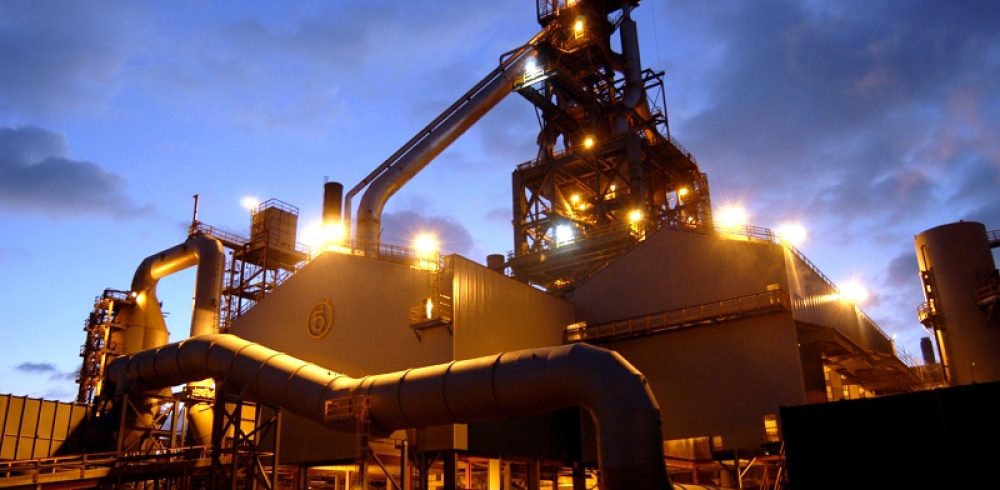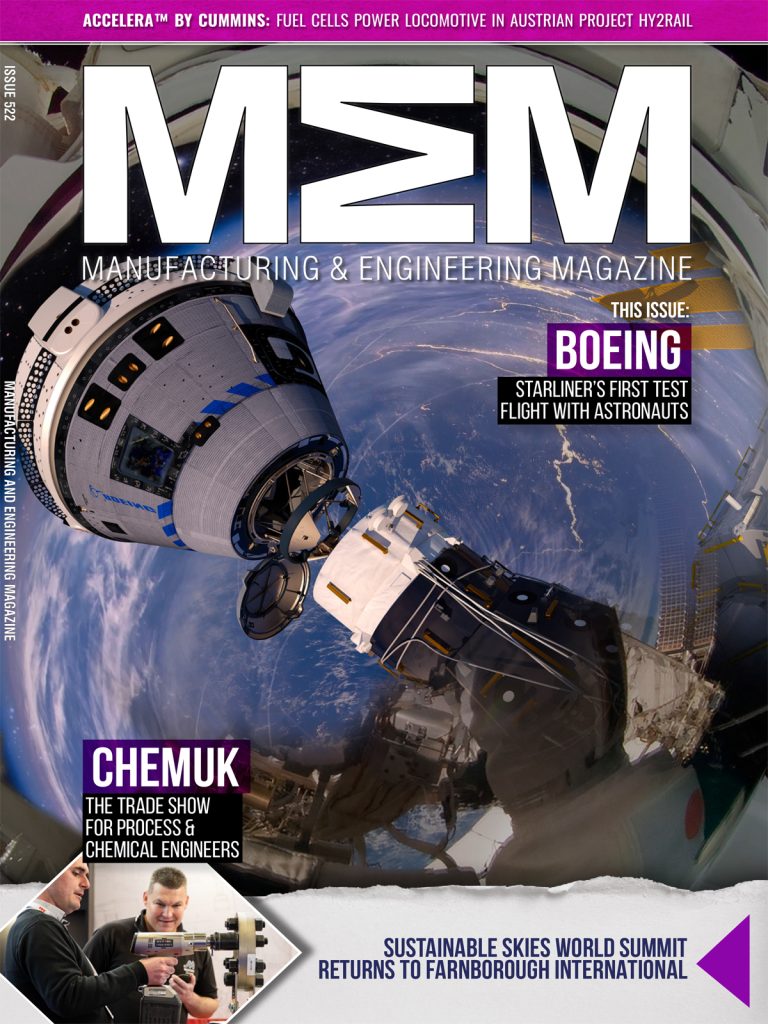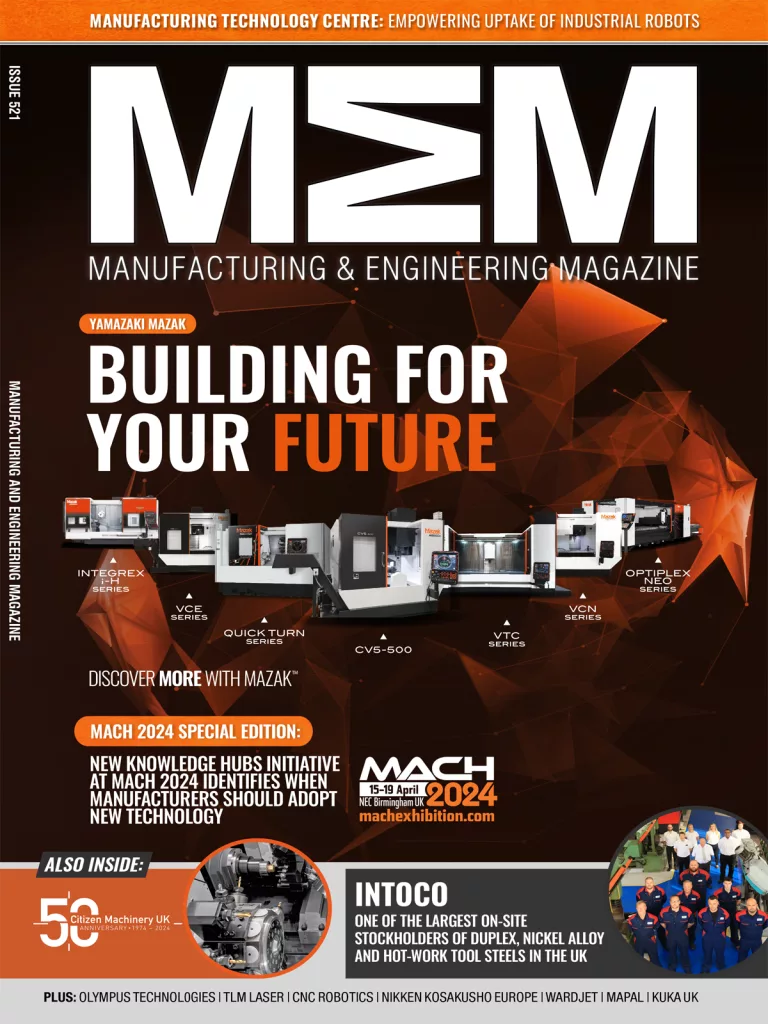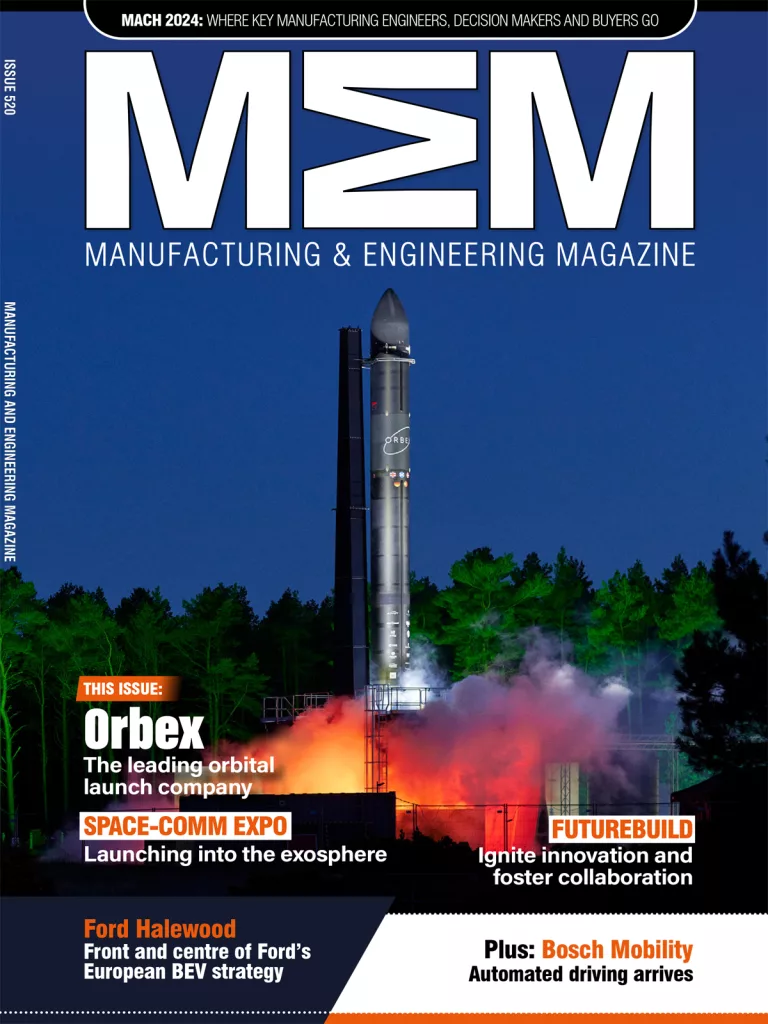A new research project has begun that will look into whether biocoal could in fact reduce fossil CO2 emissions by as much as 30%. The research will take place in the blast furnace-based steel manufacturing industry.
The steel manufacturing industry is facing a number of challenges at the moment as it tries to look for more sustainable manufacturing processes. The recently started research project is being run by Swerea MEFOS who is working with SSAB in Oxelösund. Together, these organisations will be developing a number of possible solutions and carrying out testing on an industrial scale in order to determine their effectiveness and sustainability.
The blast furnaces that are used by SSAB are considered to be the most carbon dioxide efficient in the world, however the company is still recorded as the creator of around 10% of Swedenâs carbon dioxide emissions. This reflects just how polluting this manufacturing process could be and with targets to deliver fossil free manufacturing by 2026, significant steps have to be taken in order to make the blast furnace steel manufacturing system more sustainable.
Biocoal, the product being tested at the moment, will work over the short term to further reduce CO2 emissions. If the tests are successful, some of the current coal and coke fuel could be replaced with biocoal without any significant investment required. So far the research that has been carried out has shown promising results, however the product has never before been tested on an industrial scale.
The purpose of this research is to demonstrate the opportunities for using pre-treated biomass as a renewable energy source. One example of this type of fuel is using the leftover products of forestry operations. This biocoal could be a replacement for the black coal used today, and will significantly reduce CO2 emissions. This fuel could be a good short term solution as researchers look into making manufacturing CO2 emission free.









